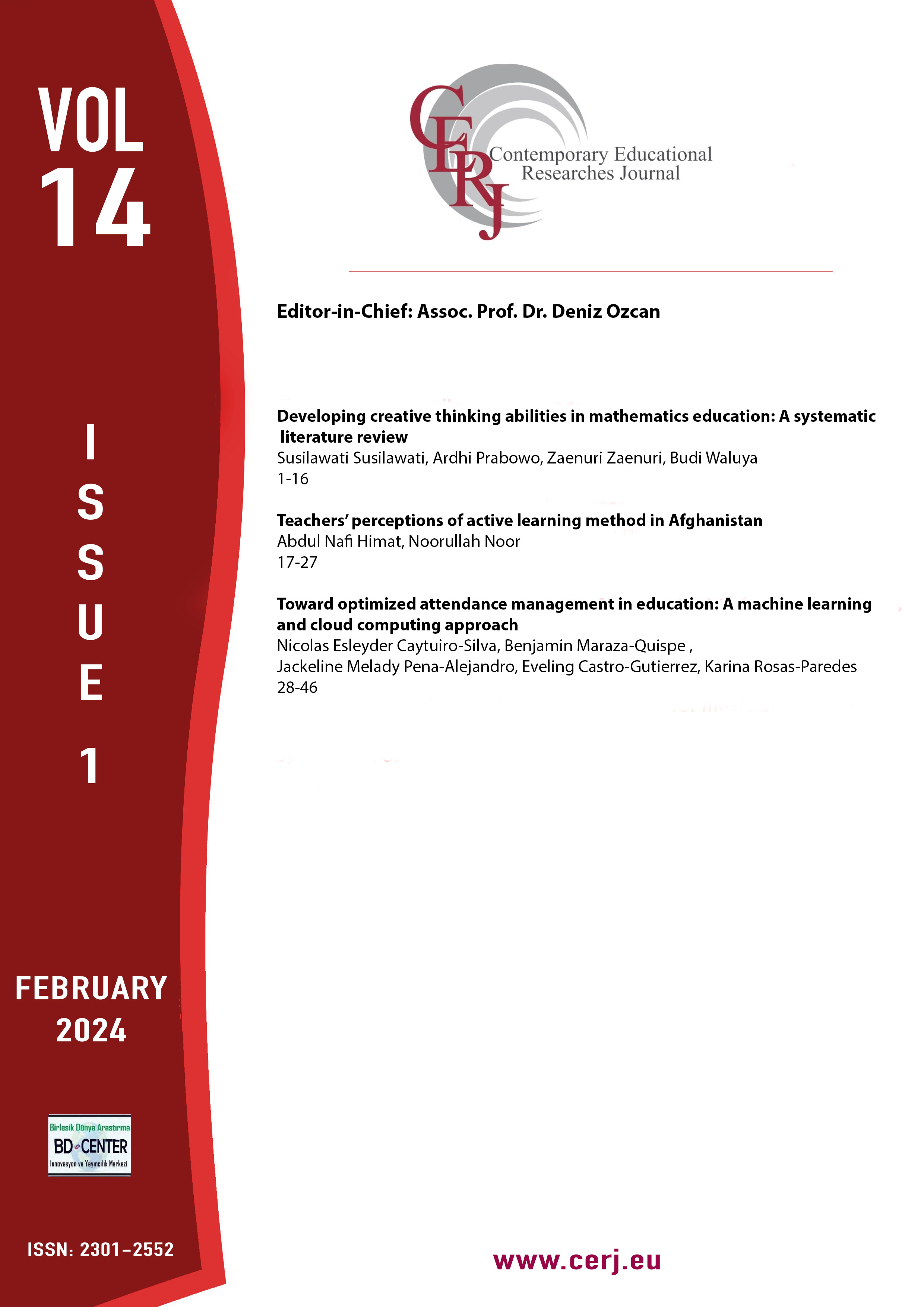Application of semester credit system curriculum in high school in Indonesia: Opportunities and challenges in the industrial age 4.0
Main Article Content
Abstract
One of the innovative efforts made to improve the quality of education in Indonesia during the industrial era 4.0 is the application of the Semester Credit System. The research objective in implementing the Semester Credit Unit system is intended to stimulate creativity and train children's intelligence in the learning process so that those who can complete it quickly, precisely and efficiently. This type of research is field research. The method used in this research is qualitative research. The kind of approach used is descriptive analysis with a phenomenological approach. The subjects of this study amounted to nine people consisting of the principal, vice-principal of the curriculum field, class teachers and students. The data analysis technique uses data reduction procedures, data presentation and data interpretation based on important collected themes. The findings of this study have three points. First, the Semester Credit Unit system learning application innovations can increase children's enthusiasm for learning, thus spurring students to complete on time. Second, the existing supporting factor is the extraordinary support from the government, especially the Ministry of Religion. Third, the constraining factor in implementing the Semester Credit System at Madrasah Aliyah (MA) Negeri 3 Palembang in facing industrial revolution 4.0 is overstressed and stress that accumulates in the students of MA Negeri Palembang so that it hurts their learning achievement. This research is theoretically expected to help increase intellectual treasures, especially in studying the Islamic education curriculum at MA. Meanwhile, practically, this research is expected to help prepare strategic plans for curriculum development. There are still many limitations in this research. Subsequent analysis can be minimised with more in-depth study.
Keywords: Innovation, challenges, opportunities, semester credit units.
Downloads
Article Details

This work is licensed under a Creative Commons Attribution-NonCommercial-NoDerivatives 4.0 International License.
Authors who publish with this journal agree to the following terms:
- Authors retain copyright and grant the journal right of first publication with the work simultaneously licensed under a Creative Commons Attribution License that allows others to share the work with an acknowledgement of the work's authorship and initial publication in this journal.
- Authors are able to enter into separate, additional contractual arrangements for the non-exclusive distribution of the journal's published version of the work (e.g., post it to an institutional repository or publish it in a book), with an acknowledgement of its initial publication in this journal.
- Authors are permitted and encouraged to post their work online (e.g., in institutional repositories or on their website) prior to and during the submission process, as it can lead to productive exchanges, as well as earlier and greater citation of published work (See The Effect of Open Access).
